Humans
Sign up for our newsletter
We summarize the week's scientific breakthroughs every Thursday.
-
 Health & Medicine
Health & MedicineThalidomide treats Crohn’s disease
Study of children with the inflammatory bowel disorder raises possibility of new use for tainted drug.
By Nathan Seppa -
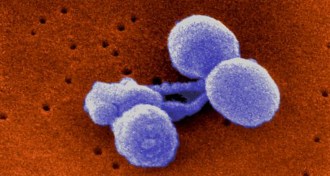 Health & Medicine
Health & MedicineChilling body doesn’t stop bacterial infection
Lowering the body temperature of individuals with severe bacterial meningitis may not help to improve patients’ health and could do more harm than good.
-
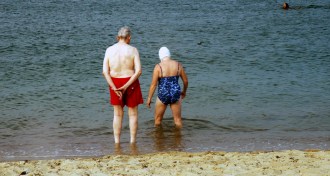 Health & Medicine
Health & MedicineStarting exercise late in life still helps with aging
Becoming and staying active as an older individual can lead to a more years without long-term health conditions.
-
 Archaeology
ArchaeologyEarly shrine unearthed at Nepal Buddhist site
Ritual structure could help pin down when the sage known as the Buddha lived in South Asia.
By Bruce Bower -
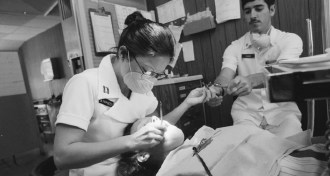 Psychology
PsychologyPeople prefer to just get pain over with
A new study shows that people would rather experience pain ASAP, even if it means experiencing more pain.
-
 Health & Medicine
Health & MedicineWhooping cough vaccine may still allow some level of infection
Animal tests show pertussis shots stave off symptoms but allow spread of the bacteria.
By Nathan Seppa -

-
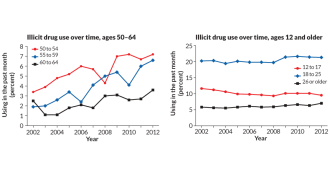 Health & Medicine
Health & MedicineDrug use on the rise in older set
The use of illicit drugs has declined slightly over the last decade among teens but is growing more common in people over age 50.
-
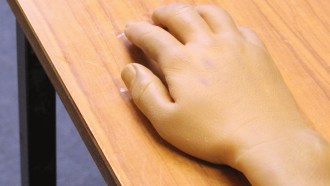 Psychology
PsychologyAlmost-lifelike hands perceived as creepy
Devices have to be very realistic to the escape uncanny valley of eeriness.
-
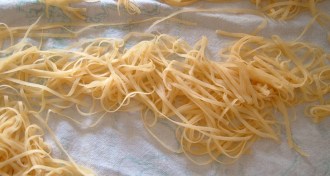 Health & Medicine
Health & MedicineExperiments in pasta
In discovery mode, babies gather every bit of information they can about the world around them.
-
 Anthropology
AnthropologyLittle Red Riding Hood gets an evolutionary makeover
A statistical analysis attempts to track the rise of several widespread folktales.
By Bruce Bower -
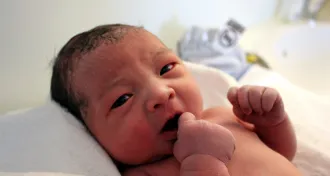 Humans
HumansBabies may have basic body perception at birth
Newborns may enter the world with the basic systems to distinguish their bodies from those of other people.